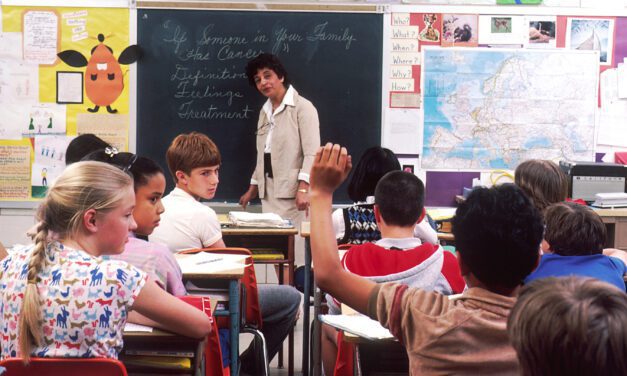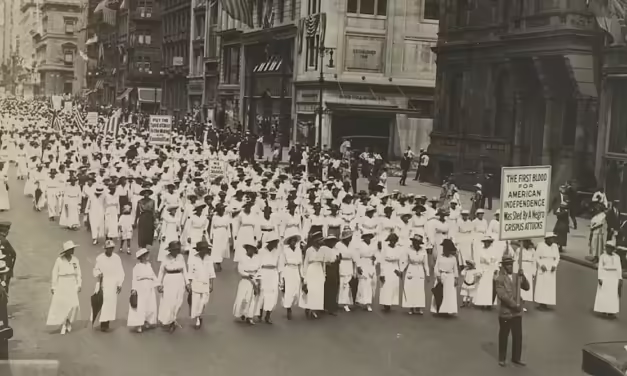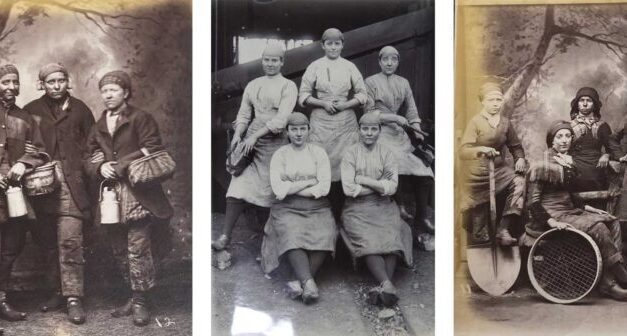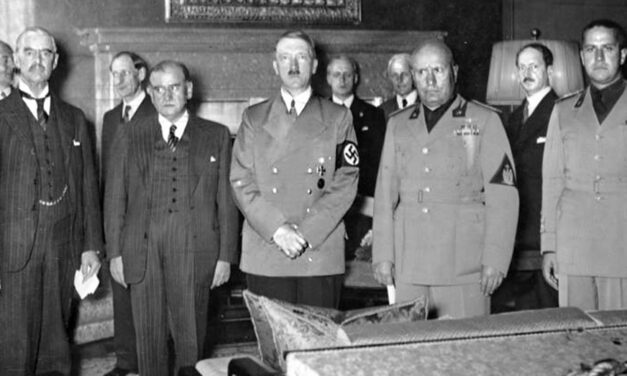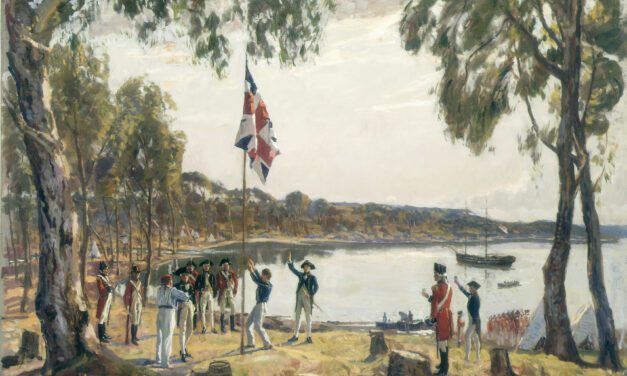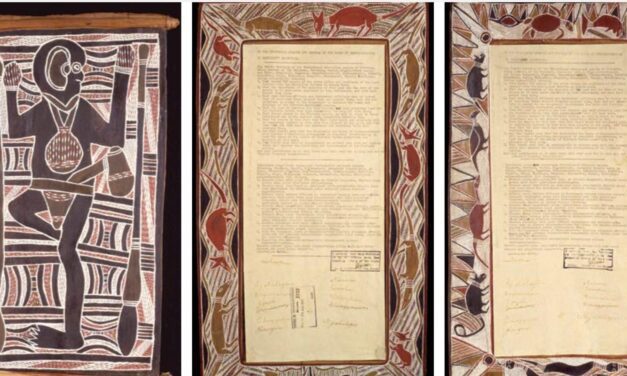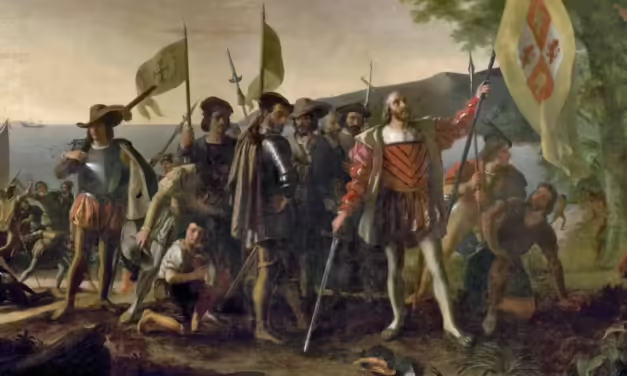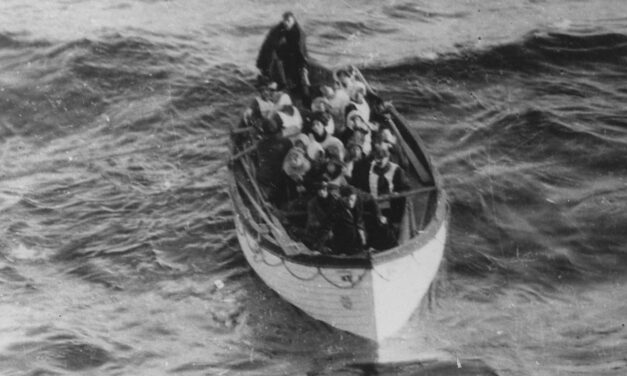Why history instruction is critical for combating online misinformation
Reading time: 6 minutes
Can you tell fact from fiction online? In a digital world, few questions are more important or more challenging. For years, some commentators have called for K-12 teachers to take on fake news, media literacy, or online misinformation by doubling down on critical thinking. This push for schools to do a better job preparing young people to differentiate between low- and high-quality information often focuses on social studies classes.

